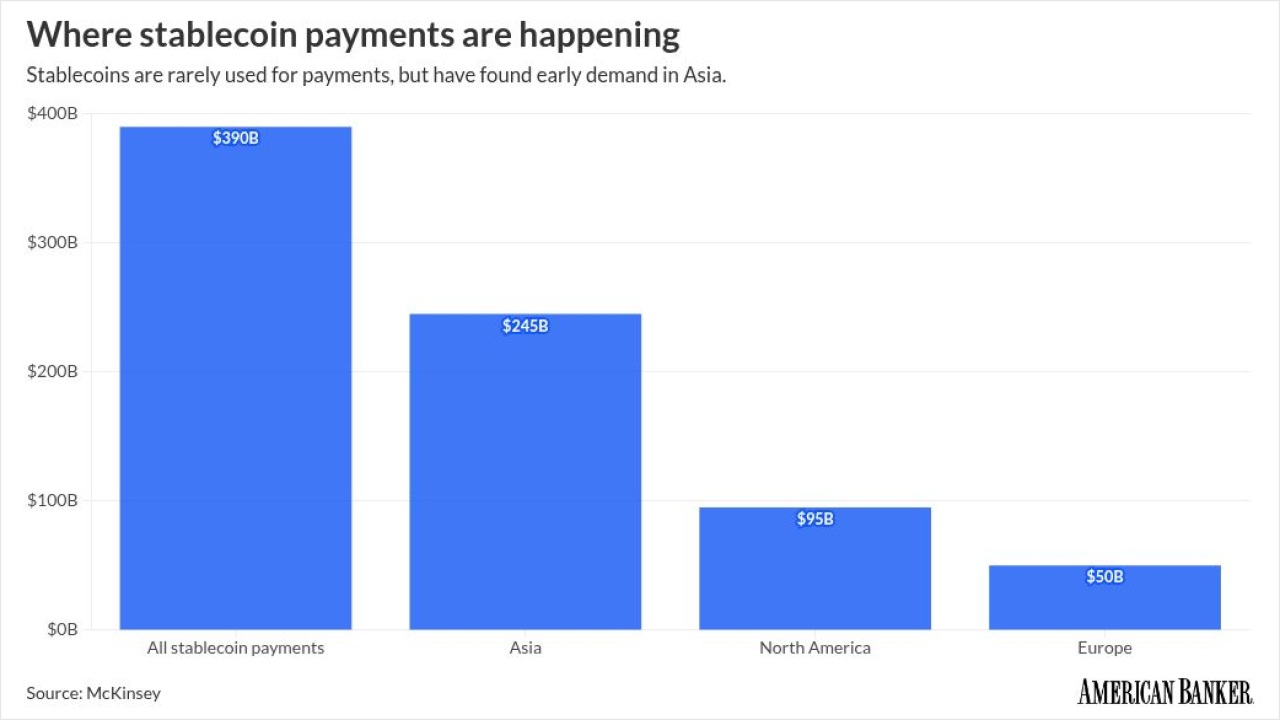WASHINGTON - Prosecutors contended yesterday that former PaineWebber Inc. Vice President Lance Wilson received ownership interests in several housing projects in exchange for helping the developer illegally obtain federal grants.
As the 10th week of the Wilson conspiracy trial unfolded here before an 18-member U.S. District Court jury, prosecutors conclude their arguments and unveiled copies of documents showing that Wilson had passive interests ranging from 5% to 15% in four limited partnerships established by Leonard Briscoe, a codefendant, to bull apartment complexes and a mall development in Florida and Texas.
Wilson, who was a chief of staff at the Housing and Urban Development Department before joining PaineWebber, provided the bond financing commitment letters that were required for three of the projects to be considered for the department's Urban Development Action Grants. On one occasion, he also lobbied former HUD Secretary Samuel Pierce to secure a grant, according to the prosecution team, which is headed by independent counsel Arlin Adams.
Wilson's attorneys, who are expected to start presenting defense witnesses shortly, contended there was nothing illegal about Wilson's ownership interests in the Briscoe projects because they were fully disclosed to PaineWebber and to HUD and bondholders.
In a financial statement submitted to HUD in 1986, Wilson listed his interest in one of the Florida projects, the Wedgewood Plaza mall in Riviera Beach, and said it was worth $150,000, they said.
That project received federal funding but was never built, despite PaineWebber's pledge in a commitment letter to underwrite $6.7 million of taxable bonds for it. Briscoe was unable to secure commercial leases to make the project financially viable, which Wilson knew when he wrote the letter, witnesses said.
Also disclosed in the HUD financial statement was Wilson's 15% passive ownership in the related Wedgewood apartment complex, which was completed in 1986. That ownership interest, which Wilson valued at $750,000, also was disclosed in offering documents for the Wedgewood project's $15.8 million bond issue, which PaineWebber co-managed.
Wilson's attorneys said neither Wedgewood deal produced the profits anticipated by Wilson. The mall since it was not built, yielded nothing. "Five percent of nothing is nothing," said Martha P. Rogers of Cadwalader, Wickersham & Taft.
The Wedgewood apartments project went into bankruptcy and provided Wilson with only a "tax write-off" as well as some low-in-come housing tax credit syndication benefits, Rogers and witnesses said.
A third joint project, the Palm Glades apartments complex in Belle Glade, Fla., also went into bankruptcy and did not benefit Wilson, Rogers said.
Meanwhile, Briscoe's proposed Overton Ridge project in Fort Worth, Tex., which was also 5% owned by Wilson, never received federal funding and was not completed, the defense pointed out.
But prosecutors maintained that any profits or losses Wilson realized from the ventures were irrelevant. They charged that his partnership with Briscoe provides evidence of a conspiracy to illegally obtain grants from the government.
The ownership documents show that Wilson expected to personally gain from the alleged conspiracy, while the success of the conspiracy hinged on Wilson's submission of "false" financial commitment letters, they said.
Since most of the charges pending against Wilson and Briscoe involve the commitment letters, proving that those letters were "false" and "fraudulent" is critical for the prosecution.
Dubois Gilliam, a former HUD deputy assistant secretary who was the government's star witness a month ago, testified that he and Briscoe asked Wilson to write the letters only to enable the projects to be considered for grants. HUD rules require developers to supplement their requested federal funding with private financing.
Gilliam later approved the grants, but said he never intended to hold PaineWebber to the commitments. PaineWebber, in fact, never underwrote any of the promised financings.
Particularly at issue in the case is the financially troubled Belle Glade project. Employees of Briscoe testified that the developer had to search hard to find a lender for that project despite PaineWebber's commitment, which had not been conditioned on obtaining credit enhancement.
Yet witnesses related that Briscoe finally had to finance the project through a private placement bond issue, rather than a public offering, because he was unable to obtain insurance.
Patricia Abbemonte, a chief financial officer at Briscoe Enterprises, testified that a Briscoe employee who was hired to find financing for the Belle Glade and Wedgewood mall projects described the commitment letters Wilson wrote as "basically wallpaper."





